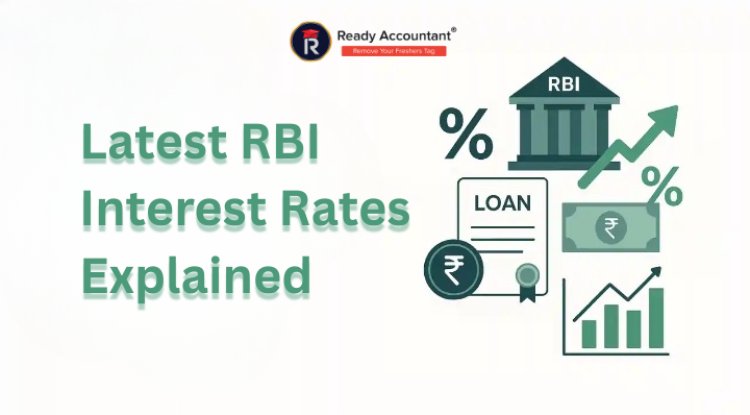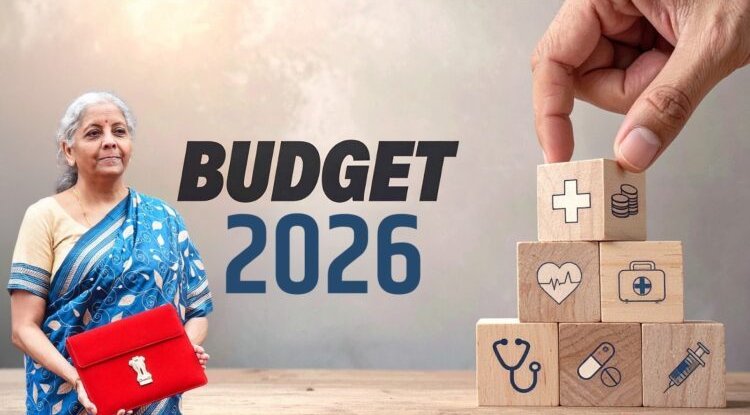New GST Rates for Cars 2025
The New GST Rates for Cars 2025 under GST 2.0 have reshaped India’s automobile industry with simplified tax slabs of 5%, 18%, and 40%. Small cars now attract 18% GST, making them more affordable, while luxury cars and SUVs remain taxed at 40%, keeping them premium. Electric vehicles continue at 5% GST, boosting green mobility, and auto parts are taxed at 18%, impacting maintenance costs. The Pre-GST vs Post-GST car price comparison in India shows significant savings on small cars after GST, but premium cars remain expensive. Businesses must calculate GST based on the value of supply and can claim Input Tax Credit on motor vehicles only under specific conditions. Overall, GST benefits small car buyers and EV manufacturers, but issues like high taxes on luxury cars and expensive spare parts remain. At the same time, rising demand for Certified Corporate Accounting and Taxation (Income Tax & GST) professionals highlights the need for skilled talent. Students can enroll in programs a
The automobile industry is one of the largest contributors to India’s GDP, and any taxation reform directly impacts manufacturers, dealers, and consumers. With the introduction of the New GST Rates for Cars 2025 under GST 2.0, the government has taken bold steps to rationalize tax slabs, promote eco-friendly mobility, and simplify the tax regime.
This article explores the GST rate on cars in India, the pre-GST vs Post-GST car price comparison in India, and the broader implications of the new reforms. It also highlights career opportunities in Certified Corporate Accounting and Taxation (Income Tax & GST) for those aspiring to work in finance and taxation.
GST Rate on Cars in India 2025
The new GST 2.0 tax slabs of 5%, 18%, and 40% directly affect the automobile sector. Here’s a breakdown of the revised rates:
-
Small cars taxed at 18% GST – More affordable for middle-class families.
-
Luxury cars & SUVs under 40% GST – Premium buyers continue to bear the burden.
-
Auto parts taxed at 18% GST – Keeps maintenance costs high.
-
Electric vehicles remain at 5% GST – Encouraging adoption of green mobility.
This new structure ensures consumer-friendly rates for entry-level cars while maintaining revenue generation through higher taxation on luxury and imported vehicles.
Pre-GST vs Post-GST Car Price Comparison in India
Let’s consider a petrol car sold in 2016 versus the same car sold in 2017:
-
Pre-GST 2016: Prices were inflated by multiple levies including excise duty, VAT, octroi, and registration charges.
-
Post-GST 2017: A single tax system streamlined the structure, though a cess was introduced on SUVs and luxury vehicles.
By 2025, the Pre-GST vs Post-GST car price comparison in India highlights cheaper small cars but consistently high-priced SUVs due to the 40% GST rate.
What is the Value of Supply to Compute GST and Cess on Cars?
When calculating GST on cars, the value of supply plays a crucial role. It includes:
-
The transaction value (ex-showroom price).
-
Additional charges like freight, insurance, handling.
-
Dealer margins (excluding GST).
For example, a car priced at ₹10 lakh will attract GST at 18% (if small car) or 40% (if luxury SUV), with cess applied wherever applicable.
Input Tax Credit on Motor Vehicles
The Input Tax Credit (ITC) on motor vehicles remains a debated topic:
-
Allowed for businesses – Car rental companies, logistics, driving schools.
-
Not allowed for individuals – Personal car purchases are excluded.
This ensures ITC benefits are only for business-related usage.
How Does GST Impact Car Prices, Its Benefits, Issues to be Resolved?
Benefits of GST on Cars
-
Affordable small cars: With GST reduced to 18%, compact cars are within reach of middle-class buyers.
-
Boost to EV sales: 5% GST on electric vehicles continues to encourage adoption.
-
Simplified taxation: A single tax structure replaced complex multiple levies.
Issues to Resolve
-
40% GST on luxury cars & SUVs keeps them unaffordable for many.
-
Auto parts at 18% GST raises long-term maintenance costs.
-
Revenue imbalance: Some states dependent on VAT face reduced income.
Thus, while GST impacts car prices in India 2025 positively for budget and eco-friendly vehicles, the luxury segment continues to face challenges.
GST Benefits for Small Cars
The reduction of GST to 18% on small cars is a game-changer:
-
Encourages first-time buyers.
-
Boosts production and sales volumes.
-
Strengthens India’s automobile demand and employment opportunities.
Winners and Losers of New GST on Cars
-
Winners:
-
Middle-class small car buyers.
-
Electric vehicle manufacturers.
-
Automakers producing affordable mobility solutions.
-
-
Losers:
-
Luxury car buyers.
-
Premium segment dealers.
-
States dependent on automobile tax revenue.
-
Career Opportunities in GST, Accounting & Taxation
The New GST Rates for Cars 2025 don’t just impact consumers—they also create rising demand for skilled professionals in taxation, GST compliance, and corporate accounting.
-
Students can enroll in a Popular Course like Certified Corporate Accounting, which covers GST, Income Tax, and financial reporting.
-
Specialized programs in Taxation (Income Tax & GST) are essential for careers in audit, tax consultancy, and finance.
-
For those aspiring to become GST experts, the best accounting institute in Kolkata offers hands-on training.
-
Learners in Eastern India can explore the best taxation course in West Bengal, equipping themselves with practical knowledge to handle GST filings, automobile taxation, and compliance issues.
The automobile sector’s tax shifts are an excellent real-world case study for students pursuing careers in corporate accounting and taxation.
Conclusion
The New GST Rates for Cars 2025 represent a major milestone in India’s automobile taxation. With 18% GST on small cars, affordability improves for middle-class buyers, while luxury cars and SUVs remain taxed at 40%. Electric vehicles continue to enjoy a 5% GST rate, cementing India’s commitment to sustainable mobility.
For consumers, the Pre-GST vs Post-GST car price comparison in India shows significant savings in the small car segment. For businesses, understanding the value of supply, input tax credit on motor vehicles, and GST’s overall impact on car prices is essential.
At the same time, these reforms highlight the importance of professional training in Certified Corporate Accounting and Taxation (Income Tax & GST). By enrolling in the best accounting institute in Kolkata or pursuing the best taxation course in West Bengal, students and professionals can build rewarding careers in finance, taxation, and GST compliance.
What's Your Reaction?




















